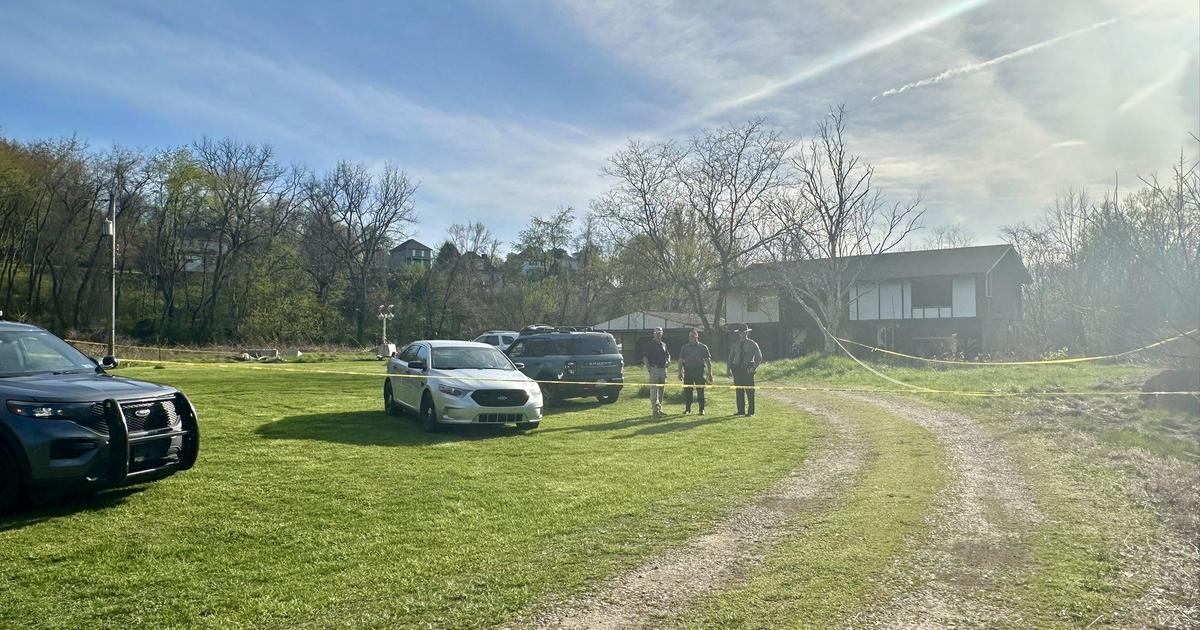Hormone Replacement Therapy Risky For Women
In a study in the "Journal of the American Medical Association," for the first time researchers are saying not only is there an increased risk of breast cancer with hormone replacement therapy, but also an increase in death.
When news first came out five years ago about the increased risk of heart disease, stroke and even breast cancer with hormone replacement therapy, it changed the way women handled menopause.
"Naturally it was quite concerning and very frightening to women and the normal reaction was to simply stop taking it," says Dr. Eugene Scioscia, an OB/GYN at Allegheny General Hospital. "We did notice a drop in the incidence of breast carcinoma."
There has been more analysis of the 11 years of data on the nearly 17,000 postmenopausal women in the Women's Health Initiative study. It shows not only an increased risk of breast cancer, but also of death from breast cancer: 25 in the hormone group, 12 in the placebo group.
"Is this a breast cancer that was relatively treatable, curable, relatively not as severe as breast cancers in other patients? This study suggests that maybe not," continues Dr. Scioscia grimly.
Women in the study taking a combination of estrogen and progestin, even as short as just over five years, were more likely to have invasive breast cancer than women taking placebo and 78 percent more likely to have cancer that spreads to lymph nodes.
"It's not a simple matter of do or don't. There are many women, their quality of life is quite compromised by the consequences of menopause, and they're not able to function from that classic hot flashes, night sweats, to the point where they can't concentrate, can't do their job, or it interferes with their work or their lifestyle," says Dr. Scioscia.
If you need to take combination hormone replacement therapy, know there are risks, and the shorter you use it, the better.
The findings do not apply to women taking estrogen-only therapy. Also the ages of the women in the study were generally older than menopausal age. That usually happens in a woman's early 50s.



